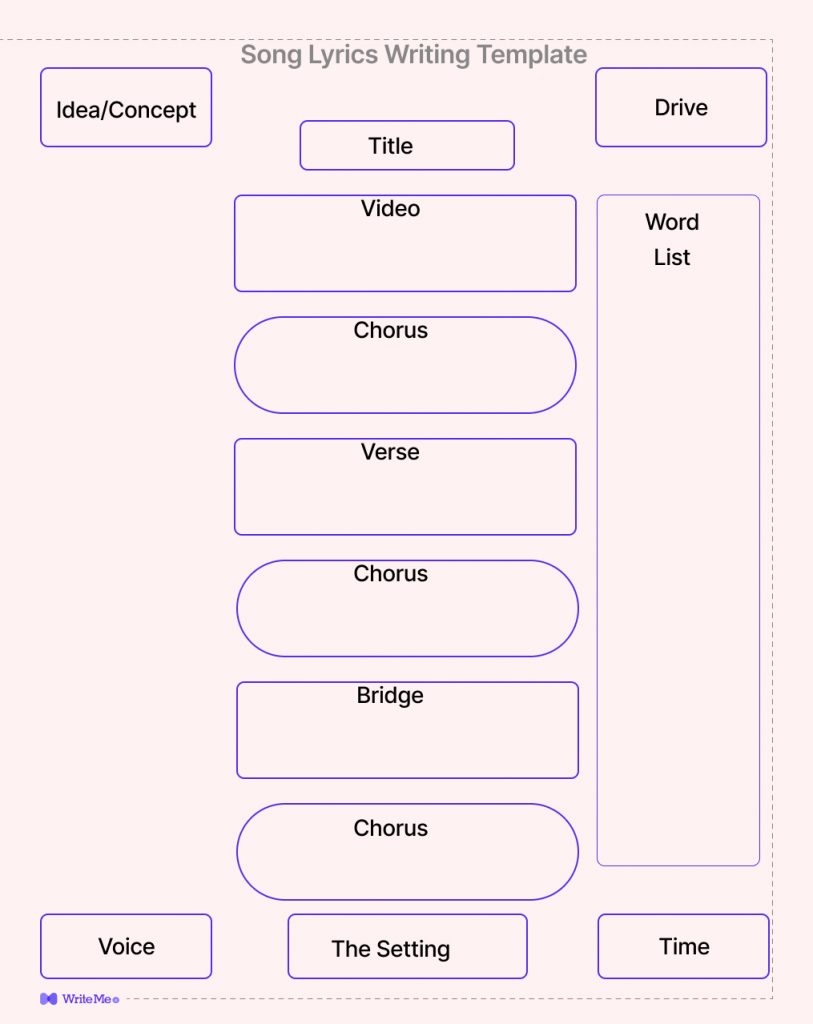Table of Contents
hide
-
1)
How to Write Song Lyrics – 10 Steps to Creative Success
- 1.1) Start With Your Main Thought
- 1.2) Write Musical Lyrics and Melody
- 1.3) Take Inspiration from Other Songwriters
- 1.4) Don’t Forget to Keep it Conversational
- 1.5) Let Your Ideas Guide You
- 1.6) Choose Your Rhyme Schemes, Phrases and Vowels
- 1.7) Don’t Write Lengthy Lyrics
- 1.8) Choose a Song Theme, Title and Subject
- 1.9) Edit and Polish Your Work
- 1.10) Collaborate with Other Artists and Songwriters
- 2) Get The Help You Need using AI Songwriter
- 3) How to Write Song Lyrics FAQs
- 4) Wrapping it Up





